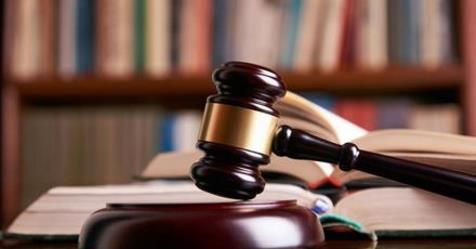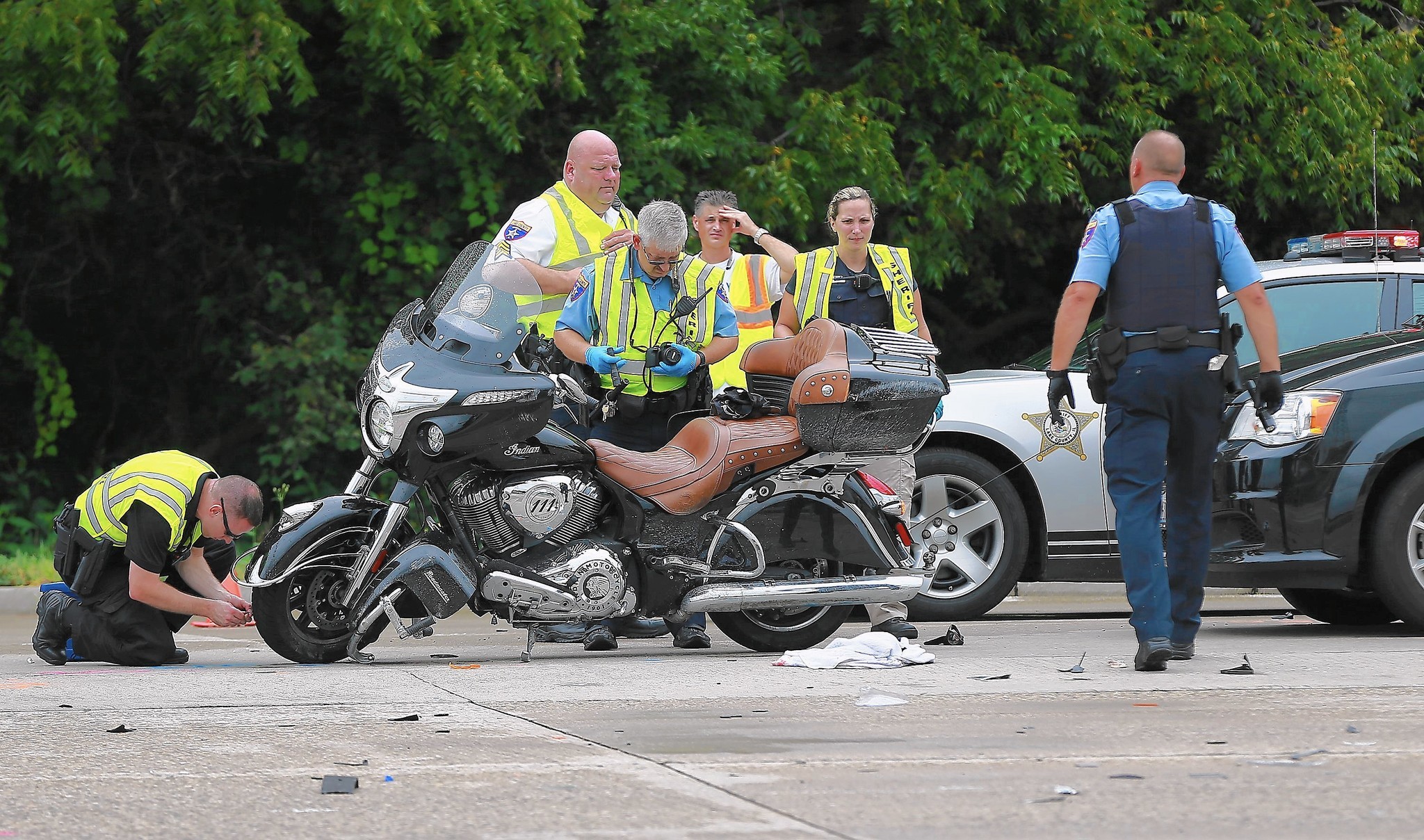What Happens During a Criminal Trial in Alabama?
If you have been charged with a crime, you are likely confused and frightened about the prospects for your future. The criminal trial process in Alabama can be costly from both an emotional and financial perspective.
Depending on the jurisdiction and whether the case will be heard in federal or circuit court, there may be some minor differences in the process. However, by and large, federal and state courts follow similar procedures during criminal trials.
Events Leading up to a Trial
Before a trial can take place, several other things must happen. After an arrest, you will have an arraignment, which is where you enter a plea to the charges. If you plead guilty, there will not be a trial but rather a sentencing hearing. A not guilty plea takes you to the next step, which is preparation for trial.
In felony cases, you have 30 days from the arrest to request a preliminary hearing in the district court. At this hearing, the judge can review the evidence and decide if there is enough cause to move forward. This is also an opportunity for the defense to learn what evidence exists.
If your case is not dismissed at the preliminary hearing, it will move forward towards a trial. In the period leading up to a trial, there are generally several pretrial motions to file and answer by the attorneys for each side. For example, your attorney might file a motion to suppress certain evidence or a motion for a change of venue.
The Criminal Trial Process in Alabama
There are two different types of circuit court trials in Alabama; a bench trial and a jury trial. A bench trial involves only the judge as the person making the final decision on the verdict. A jury trial, which requires the agreement of both sides, involves a panel of your peers who will decide guilt or innocence.
If this type of trial being used, the first step is jury selection. This may not happen right away as some courts have backlogs that put trial dates out several months or more. The jury selection process is called “voir dire,” and each side will be permitted to disqualify a certain number of jurors that they believe will not be impartial.
Once the trial begins, each side is allowed to give an opening statement. Since the state of Alabama has the burden of proof beyond reasonable doubt in a criminal case, they almost always go first. After the prosecution is finished, the defense gives their opening statement to the judge or jury.
Next, the state will begin to make its case by calling a variety of witnesses. This puts so-called evidence and testimony on the record in front of the person or panel that will render the final verdict. Since the state is tasked with proving your guilt, you do not need to do anything if they haven’t met this burden. On the other hand, it is often helpful for the defense to present its own case.
As soon as the state concludes its case, the defense can file a motion for an acquittal judgment if no sufficient evidence was presented. Alternatively, the defense can call its own witnesses. You can testify as well, although this is not a requirement when you are accused of a crime.
Once each side rests its case, there will be closing arguments and either the judge or jury will take some time to make their decision. If you are found guilty, there will be sentencing according to the range for the particular crime. Your attorney can also advise you of your options for an appeal.
Speak with a Qualified Alabama Criminal Defense Attorney
If you are facing criminal charges in Alabama, there is little time to waste. The experienced criminal defense lawyers at Smith Law Firm take an aggressive stance in the representation of clients throughout the Dothan area.
We have provided strong legal advocacy on behalf of individuals facing charges related to DUI, drug crimes, assault, property crimes, sex crimes, federal crimes, and more. We will take immediate steps to protect your rights and examine whether any illegal practices took place in the handling of your arrest.
Whether you have made a mistake, been treated unfairly by the justice system, or were falsely accused, contact our office now at 334-702-1744 to find out how we can help. You may also send a secure and confidential message through our online contact form.








